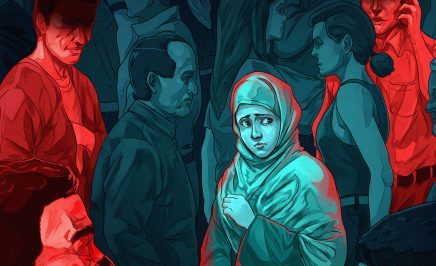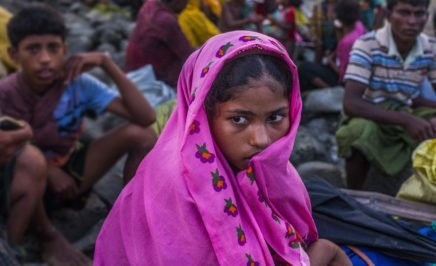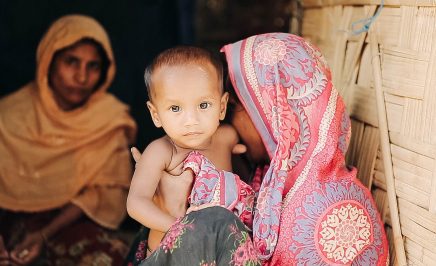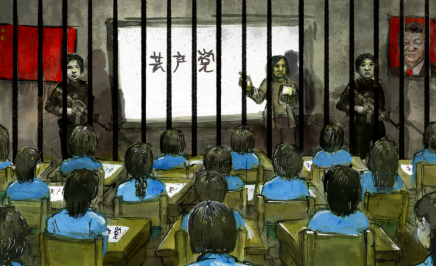Guligeina Tashimaimaiti has been released from a “transformation through education” centre in China.
Following her release, in early May 2020 she spoke with her family in a video call — the first contact they’ve had since 2017. Her family said she looked well, and is currently teaching English in the community in Xinjiang.
Thank you to the 20,000 supporters in Australia who signed the petition and helped secure Guligeina’s release!
What happened?
Guligeina, a PHD student, had not been heard from since December 2017 when she returned from studying in Malaysia to her hometown in Xinjiang – the Uyghur Autonomous Region in northwestern China. Guligeina was worried about her parents who she hadn’t been able to contact since February 2017.
Guligeina made a plan with friends — if her social media profile photo changed weekly, that meant she was safe. But her photo changed only once, then remained the same for many weeks until, one day, it changed to a dark image that looked like a prison cell. Her family and friends feared she had been detained.
China’s persecution of Uyghurs
Guligeina is part of the Uyghur community – an ethnic minority with their own language and culture. It has been three years since China launched an unprecedented campaign of mass detention of Uyghurs, Kazakhs and other mostly Muslim ethnic minorities in Xinjiang. An estimated one million or more people are being held in “transformation through education” centres in Xinjiang. Friends and relatives of people detained remain unsure where their loved ones are, often for years.
Even those who have not been imprisoned are subject to intense surveillance – phone monitoring, police checkpoints, face recognition cameras – and are made to give biometric samples such as DNA and retina scans. Many have had their passports confiscated or been forbidden to leave.
Campaign for her release
Amnesty has been working for and with the Uyghur community – collecting testimonies, making public statements, and advocating internationally. When Guligeina’s situation was reported to Amnesty, her story matched what we had been seeing through our ongoing research.
Thousands of Amnesty supporters around the world joined a public campaign. In Australia over 20,000 supporters called on China to reveal Guligeina’s whereabouts and release her.
No one should face indefinite detention simply because they practice a particular religion or belong to an ethnic minority group. Everyone should be free to visit family without fear of persecution.
Amnesty International continues to call for the safety and freedom of Uyghurs – calling on China to release those detained in Xinjiang, and stop the regional and international intimidation of them and their families.




